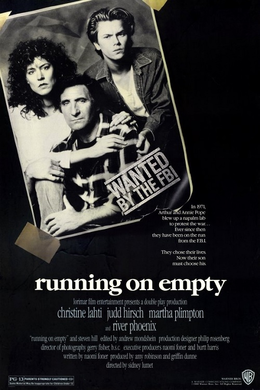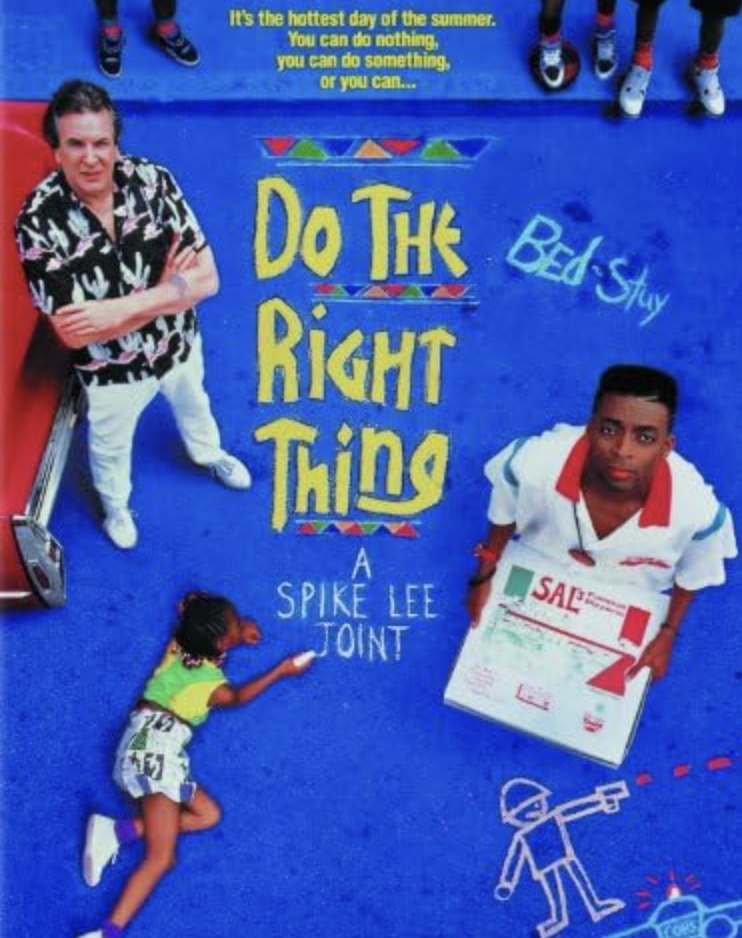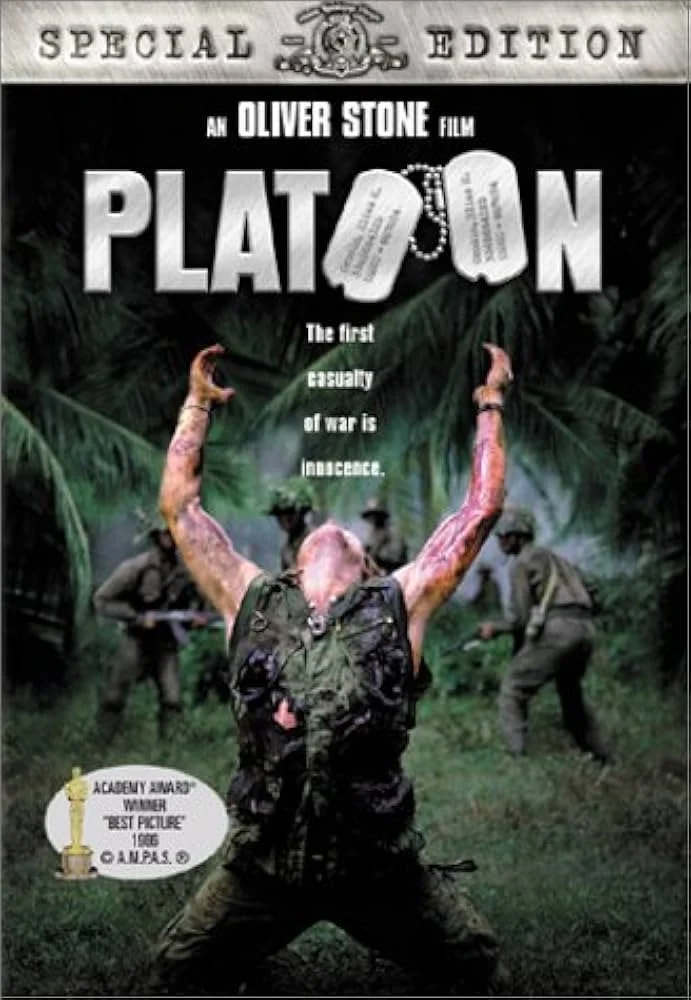Favorite Films by Decade: the 1980s
My assignment: Choose a movie from each decade of my life that has had the most personal impact, starting with the 1940s and ending in the 2020s.
We’ve already covered the 1940s, ‘50s, ‘60s, ‘70s and continue now with the 1980s. These aren’t necessarily the “best” movies of the decade or the most innovative; they represent the films that resonated most with me, either from my initial viewing when they were released or when I first engaged with them in subsequent years.
Some rules to keep these lists doable: 1) Only one film each decade by a particular director; 2) only English-language movies, due mainly to gaps in my knowledge about foreign-language films except for Italian neo-realism, French New Wave and the works of Akira Kurosawa, and 3) no TV miniseries.
I’m sure I’ve missed some great movies that should be on these lists. Yet this still leaves hundreds, if not thousands, of movies to choose from.
Let the arguments continue.
The 1980s:
“Running on Empty” (1988):
I was an active member of the Cornell chapter of Students for a Democratic Society in the mid- and late-‘60s. But near the end of the decade, when the organization was disintegrating, I disagreed with the tactics and strategy of the SDS faction that became the Weather Underground.
Yet some of those Weathermen and women were my friends, and I worried about them when they went underground in the ‘70s. What’s amazing about “Running on Empty,” the story of a couple and their two sons who have been on the run from the FBI for years after bombing a university building and killing a janitor they had not expected to be working there, was that director Sidney Lumet and screenwriter Naomi Foner got it right, telling the story with accuracy, insight and compassion.
Judd Hirsch and Christine Lahti are excellent as the parents, who long ago made a decision that still has profound effects on their family, and Steven Hill is stunning in his one short but emotionally devastating scene as Lahti’s father.
But it is River Phoenix who stands out as their teenage son, a talented pianist, whose parents believe deserves a fuller, more creative life than the one their fugitive existence has given him. (Phoenix’s death from a drug overdose in 1993 at the age of 23 was a gut punch to anyone who had observed his prodigious talent.)
There have been a variety of cinematic attempts to tell the stories of young 1960s radicals and what happened to them—from John Sayles’ “Return of the Secaucus Seven” and Lawrence Kasdan’s “The Big Chill” to Robert Redford’s “The Company You Keep” and Tanya Hamilton’s “Night Catches Us”—but no movie has captured the aftermath as well as “Running on Empty.”
Close behind:
“Do the Right Thing” (1989): Brooklyn’s Bedford-Stuyvesant district, the music of Public Enemy and richly drawn portraits of neighborhood residents by Ossie Davis, Ruby Dee, Giancarlo Esposito, Rosie Perez, Samuel L. Jackson, writer-director Spike Lee and others power Lee’s tense exploration of the explosion of racial violence on the hottest day of the year.
“E.T. The Extraterrestrial” (1982): The suburban kids are all right, and so is the gentle creature from another planet in Steven Spielberg’s inspiringly optimistic sci-fi fantasy; you’ll still want to stand up and cheer when E.T. and his new friends take off on their bicycles.
“Reds” (1981): Director/star/producer/co-writer Warren Beatty’s audacious and occasionally arduous 195-minute epic tells the story of the relationship between leftist journalists John Reed (Beatty) and Louise Bryant (Diane Keaton) amid the 1917 Russian Revolution and schisms within the American socialist movement after World War I.
“This Is Spinal Tap” (1984): Rob Reiner directed this fall-on-the-floor comedy about a very loud rock band from Great Britain on an ill-fated U.S. tour. But it was stars/writers Christopher Guest, Michael McKean and Harry Shearer who were the deadpan parodists who later used this mockumentary format to make a series of largely improvised and wholly hysterical farces, including “Waiting for Guffman,” “Best in Show” and “A Mighty Wind.”
“Platoon” (1986): Oliver Stone’s insightful Vietnam War drama, the first in his Vietnam trilogy that also includes “Born on the Fourth of July” and “Heaven & Earth,” shows the devastating impact of the war on the American G.I.’s who fought in it.
But, perhaps you’re wondering, how could he leave out “Bull Durham,” “Eight Men Out,” “Full Metal Jacket,” “The Long Good Friday” and “Who Framed Roger Rabbit”?
Coming next week: The 1990s
Bruce Dancis spent 18 years as the Arts & Entertainment Editor of the Sacramento Bee, after previously serving as an editor for the Daily Californian, the San Francisco Bay Guardian, M.I. (Musicians’ Industry) Magazine, Mother Jones and the Oakland Tribune. He also wrote about Film and TV History in a weekly column about DVDs that was syndicated by the McClatchy and Scripps Howard news services. Since 2003 he has co-chaired a summer film program at the Three Arrows Cooperative Society in Putnam Valley, NY. He is the author of “Resister: A Story of Protest and Prison during the Vietnam War” (2014, Cornell University Press) and appears in the documentary film “The Boys Who Said No! Draft Resistance and the Vietnam War” (2020). He lives in Cardiff, CA, and Putnam Valley, NY.







